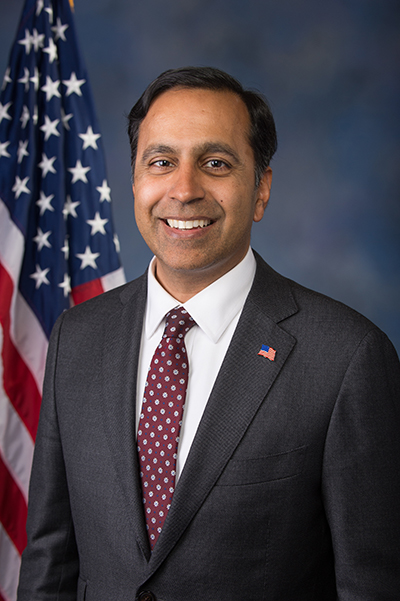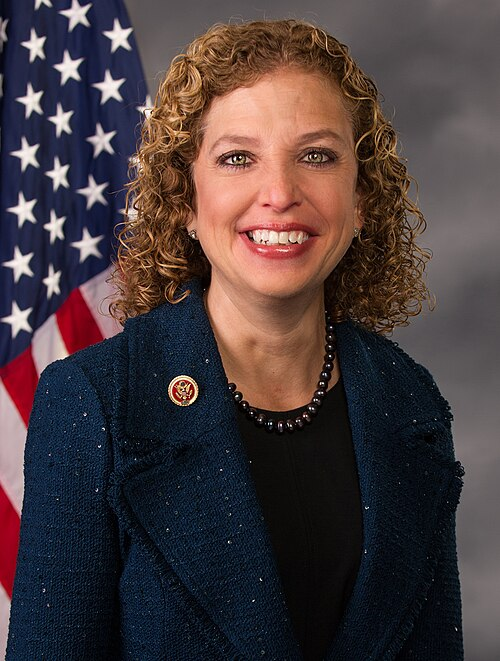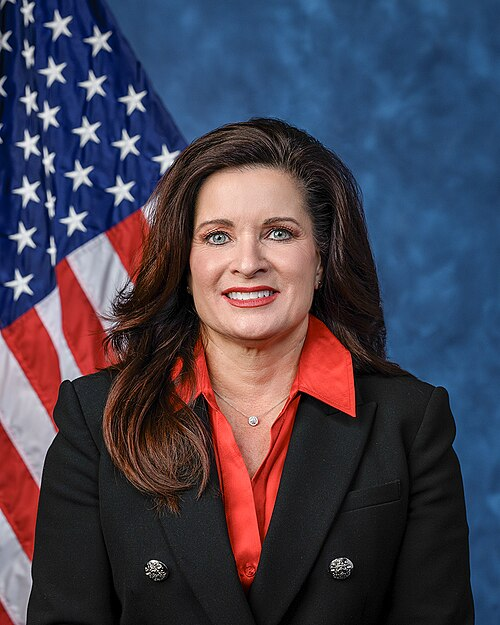H.R. 1798: End Tobacco Loopholes Act
This bill, known as the End Tobacco Loopholes Act, aims to amend the Internal Revenue Code to create equal taxation rates for various tobacco products and significantly increase taxes on certain items. Below is a breakdown of the key provisions of the bill:
1. Tax Rate Changes for Different Tobacco Products
The bill seeks to adjust and increase the excise taxes on various tobacco products, ensuring that the tax rates are more aligned, or equitable, across different types of products:
- Roll-Your-Own Tobacco: The tax will increase from $24.78 to $49.56.
- Pipe Tobacco: This tax will significantly rise from $2.83 to $49.56.
- Smokeless Tobacco: Taxes on smokeless tobacco will increase, with specific rates set for different categories:
- For tobacco in standard forms, the tax will increase from $1.51 to $26.84.
- For products not in standard forms, the tax will rise to $10.74.
- For products sold in discrete single-use units, a new tax rate of $100.66 per thousand units will apply.
- Small Cigars: The tax will double from $50.33 to $100.66.
- Large Cigars: The tax will change to $49.56 per pound of cigars, with a minimum charge per cigar set at 10.066 cents.
2. Introduction of Nicotine Tax
The bill introduces a new tax on nicotine, specifically on nicotine manufactured or imported into the United States. The taxation will be based on a rate specified in the updated sections, ensuring that all nicotine used in vaping and other products is taxed at a similar rate as tobacco products.
- The tax will apply to 1,810 milligrams of nicotine, with a proportionate tax on smaller amounts.
3. Subsequent Tax Increases
To account for inflation, the bill includes a clause requiring adjustments to the tobacco product tax rates each year to accommodate the cost of living changes starting in the year 2026. The adjustments will be rounded to the nearest cent.
4. Floor Stocks Tax
A floor stocks tax will be implemented on tobacco products held for sale at the time of any tax increase. The tax will equal the difference between the old tax rate and the new increased rate for those products. A credit of $500 is allowed to offset this tax, but it cannot exceed the total tax owed.
5. Effective Dates
The new tax rates and provisions will generally take effect on the last day of the month that includes the enactment date of the bill. Specific provisions, such as those for discrete single-use units and certain processed tobacco products, will take effect six months later. Additional provisions regarding large cigars will apply after December 31, 2025.
6. Additional Regulatory Provisions
The Secretary of the Treasury will be responsible for prescribing regulations necessary to implement the tax changes and ensure compliance across the industry.
Relevant Companies
- PM (Philip Morris International) - As a major player in the tobacco industry, an increase in excise taxes may lead to higher prices for their products, potentially affecting sales volumes.
- BTI (British American Tobacco) - Similar to PM, this company may experience financial impacts due to increased tax liabilities which could lead to restructured pricing or reduced profit margins.
- LOOP (Loop Industries, Inc.) - While not a traditional tobacco company, any legislation involving tax on nicotine could impact supply chains and operations associated with innovative nicotine consumption alternatives.
This is an AI-generated summary of the bill text. There may be mistakes.
Sponsors
4 bill sponsors
Actions
2 actions
| Date | Action |
|---|---|
| Mar. 03, 2025 | Introduced in House |
| Mar. 03, 2025 | Referred to the House Committee on Ways and Means. |
Corporate Lobbying
1 company lobbying



















